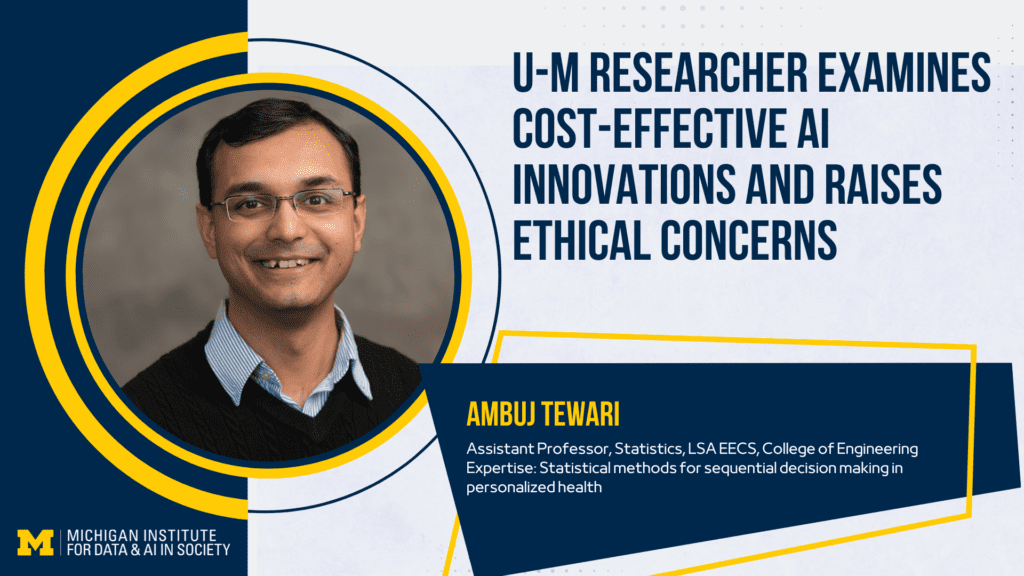University of Michigan researcher Ambuj Tewari shines a light on groundbreaking cost-saving methods in AI development—and the ethical quandaries they may present. In a recent article for The Conversation, he highlights how the Chinese startup DeepSeek is redefining the financial landscape for creating advanced AI systems. Traditionally, developing these cutting-edge models can drain resources, often costing hundreds of millions of dollars. But DeepSeek is challenging this model, employing engineering optimizations to train competitive AI for under $6 million.

How are they doing it? DeepSeek focuses on low-cost innovations like using lower-bit representations for model weights, tweaking neural network architectures, and minimizing GPU communication overhead. Even with restricted access to high-performance GPUs, they’ve turned to Nvidia’s H800, which is lower performance and widely available worldwide. The lesson? Sometimes limitations fuel the most innovation.
But innovation isn’t without its controversies. In a Q&A with Michigan News, Professor Tewari addresses serious allegations from OpenAI. They claim DeepSeek might have used OpenAI’s proprietary tech without authorization through a technique called model distillation. While it’s a common practice, it raises ethical and legal red flags if proprietary models are utilized without permission.
Tewari underscores the importance of sticking to licensing agreements and transparency to build trust and ensure ethical compliance. These discussions spotlight the dynamic landscape of AI development, where cost-efficiency, innovation, and ethics intersect.
This isn’t just about a new way to build AI—DeepSeek’s approach invites a broader conversation about the ethics of leveraging existing technologies for new AI endeavors.